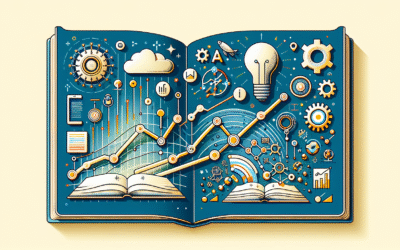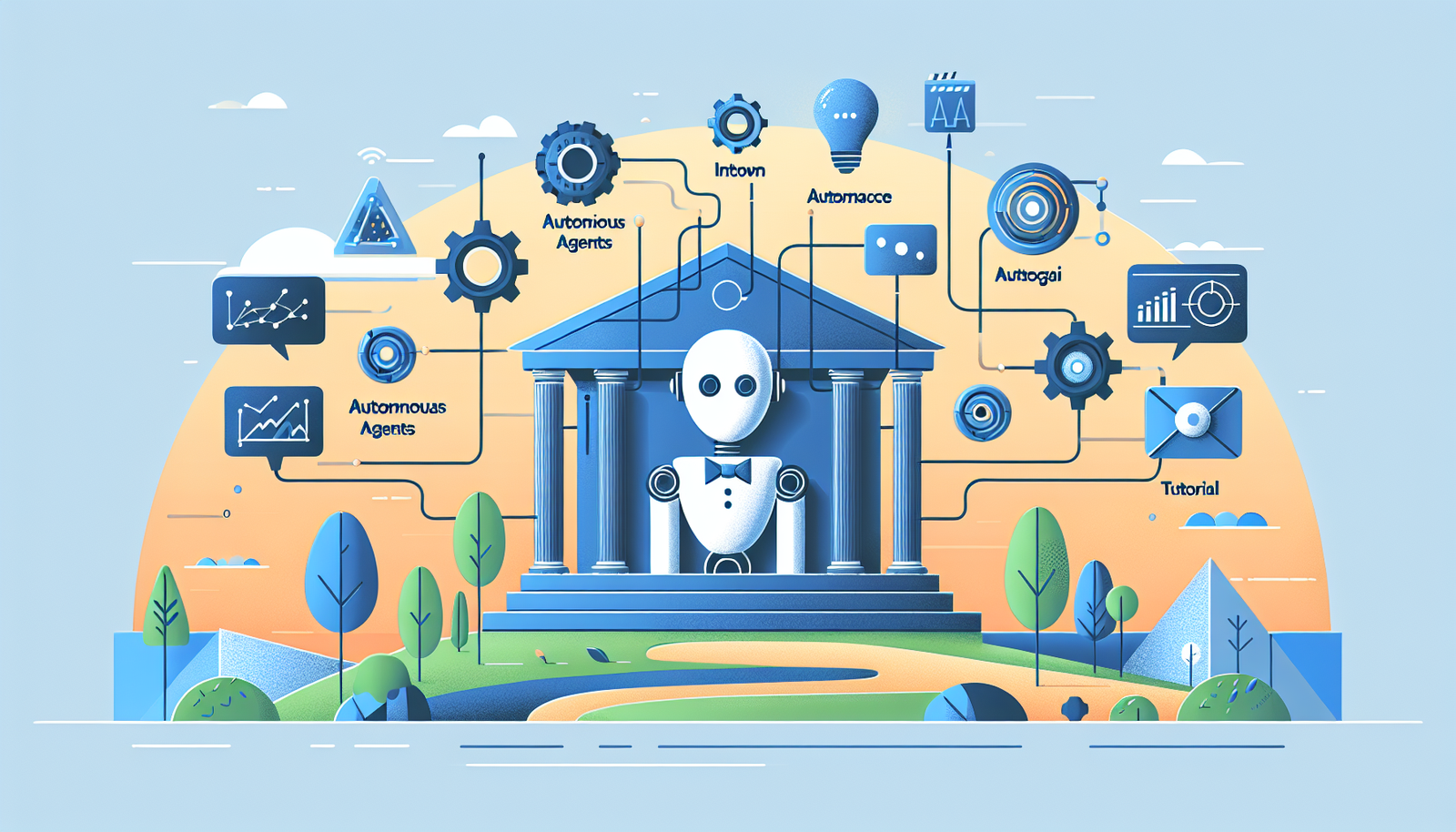Introduction to AI Agent Platforms for Production
Defining AI Agent Platforms
AI agent platforms are software frameworks designed to abstract, coordinate, and deploy large language model (LLM)-powered agents that can plan, act, and learn over time. In 2025, the demand for production-ready AI agents is intensifying across industries as businesses seek autonomous systems for knowledge retrieval, customer service, and workflow automation.
Why Production Deployment Matters in 2025
While prototyping AI agents is now accessible, deploying them at scale remains challenging. Effective production deployment demands observability, security, robustness, and integration with existing systems. According to Gartner’s 2024 AI report, over 63% of organizations plan to operationalize AI agents within two years, up from just 21% in 2022.
Key Features to Look For in a Production-Ready AI Agent Platform
LLM Integration and Fine-Tuning Capabilities
A good platform facilitates seamless integration with proprietary and open-source LLMs such as GPT-4 Turbo, Claude, or PaLM 2. Fine-tuning supports task-specific competence, ensuring higher relevance and lower hallucination in outputs.
Tool and Action Routing Support
Agents must go beyond text generation. Production-grade platforms enable the agent to call external tools, retrieve structured data, or interact with APIs. This is often achieved using ReAct-style tool routing, which combines reasoning with action execution.
Observability and Metrics
Effective platforms offer dashboards, logging, tracing, and analytics out of the box. This ensures you can track performance, detect bottlenecks, and improve behavior across tasks and time.
Security and Compliance
With GDPR, HIPAA, and SOC2 requirements rising, platforms need secure data handling, role-based access control, and audit trails. Ensure the agent framework complies with enterprise standards.
Top AI Agent Platforms for 2025 Deployment
OpenAI Assistants API
This developer-friendly platform allows custom assistants using function calls, tools, and retrieval (RAG). Integrated Python SDK support and reliability on OpenAI infrastructure make it a leading choice for fast 2025 deployments.
LangChain + LangServe
LangChain provides modular agents with support for vector stores, toolchains, and prompt templating. LangServe adds the ability to deploy these chains as HTTP endpoints, enabling production-scale RESTful integrations.
Vertex AI Agent Builder by Google Cloud
Agent Builder allows fast prototyping and scaling using Google’s PaLM models. Tied into BigQuery, Firebase, and Cloud Functions, it’s ideal for developers entrenched in Google Cloud ecosystems.
Microsoft Azure AI Studio
With rich integration into Azure Functions, Cognitive Search, and Data Lake, Azure AI Studio brings end-to-end orchestration for autonomous agents. The preview launched at Build 2024 emphasizes security and governance.
Autogen by Microsoft Research
Autogen supports multi-agent systems where agents can negotiate, decompose tasks, and collaborate. It’s open-source and aimed at researchers and advanced developers seeking task autonomy and coordination.
How to Evaluate and Deploy an AI Agent Platform
Assessing Use Case Fit
Define your agent’s function—customer queries, code generation, business logic handling. Platforms like OpenAI or Vertex work well for retrieval and response tasks, while LangChain or Autogen suit multi-step logic and integrations.
Infrastructure and Model Compatibility
Choose a stack compatible with your infrastructure—be it cloud-native or self-hosted. Ensure LLM access aligns with your pricing model and latency expectations.
Testing, Scaling, and Monitoring
Adopt CI/CD pipelines, unit tests for actions, and real-time analytics. Platforms with built-in observability tools drastically ease debugging and iteration.
- Use OpenAI Test Threads for sandbox runs
- Track latency, cost, and fallbacks per request
- Benchmark multiple agents per task type
Conclusion: Choosing the Right AI Agent Stack
As enterprises advance deeper into LLM-driven automation, choosing the best AI agent platform requires balancing control, speed, and scalability. OpenAI offers ease, LangChain offers modular flexibility, and platforms like Vertex AI and Azure AI add enterprise integration layers. By choosing with intent, teams can deploy resilient AI agents that unlock business value in 2025 and beyond.
Focus Keyword: AI agent platforms for production






